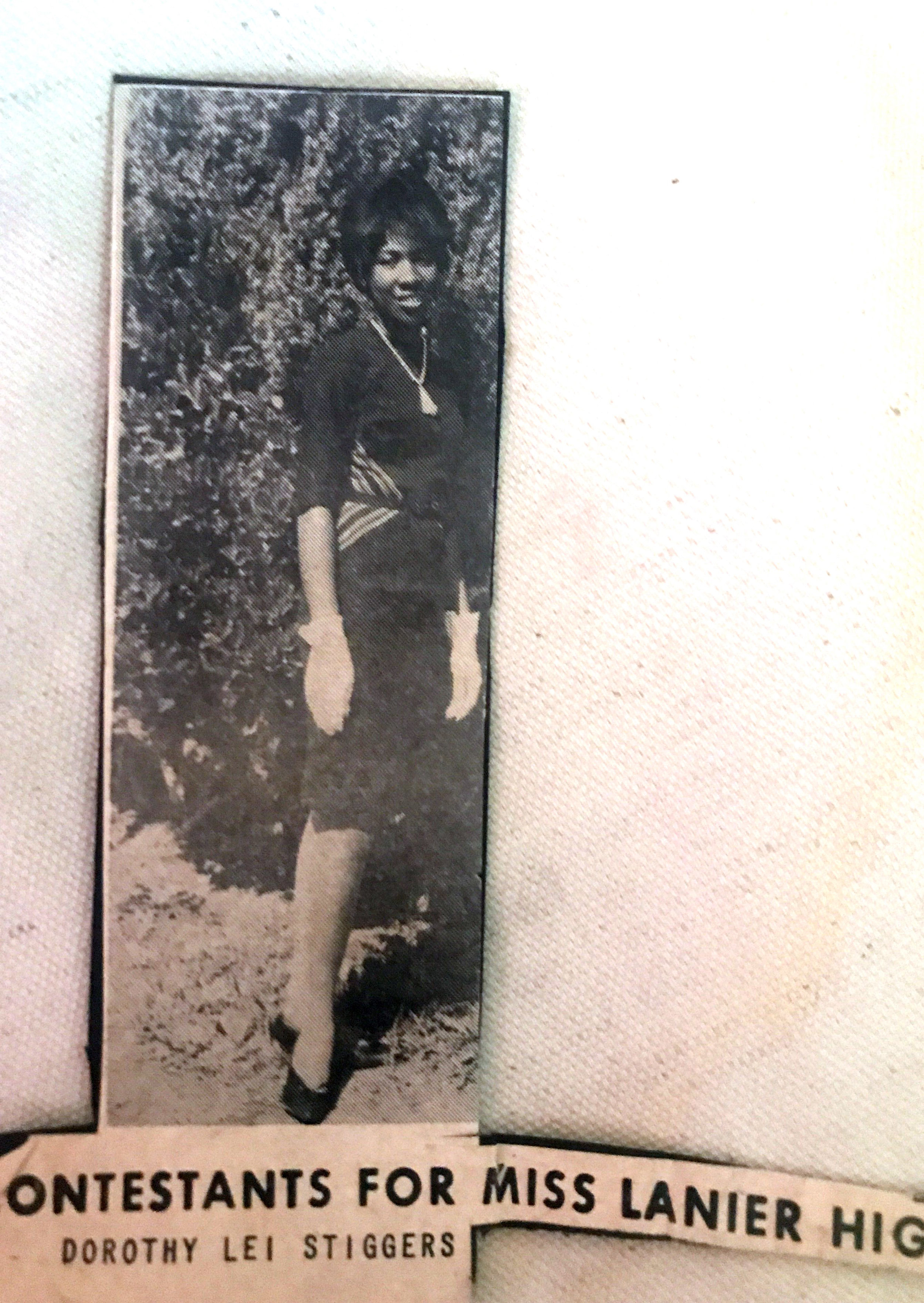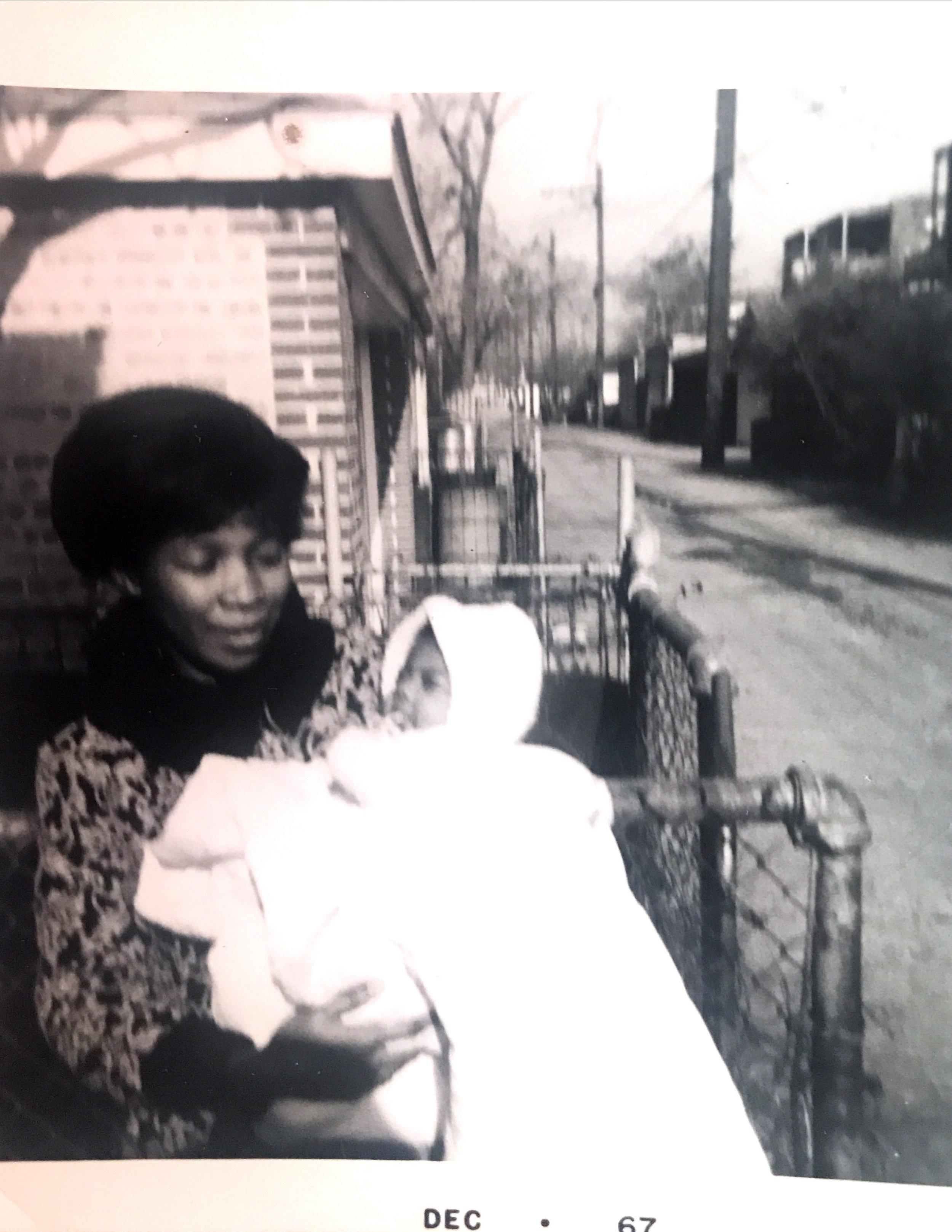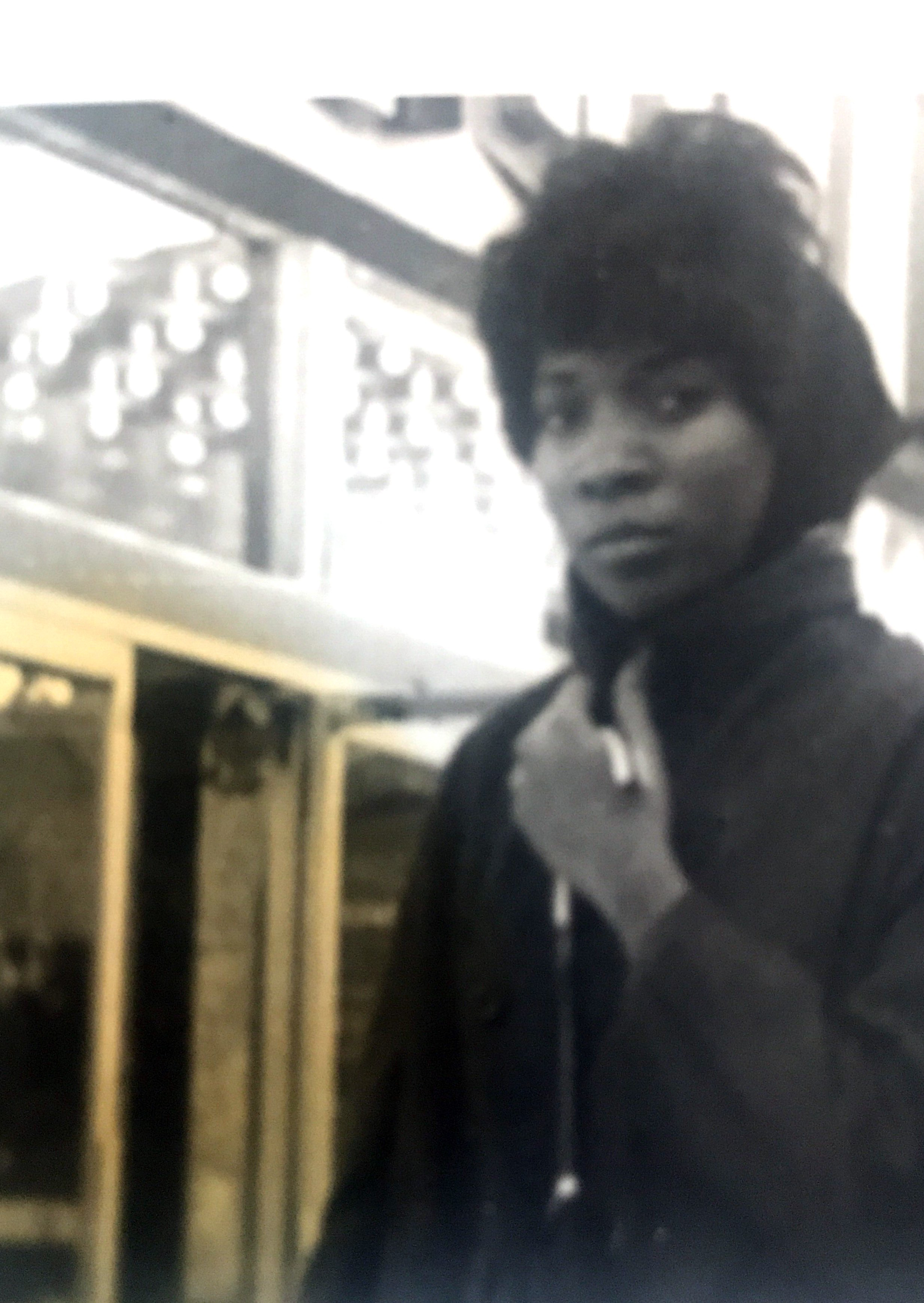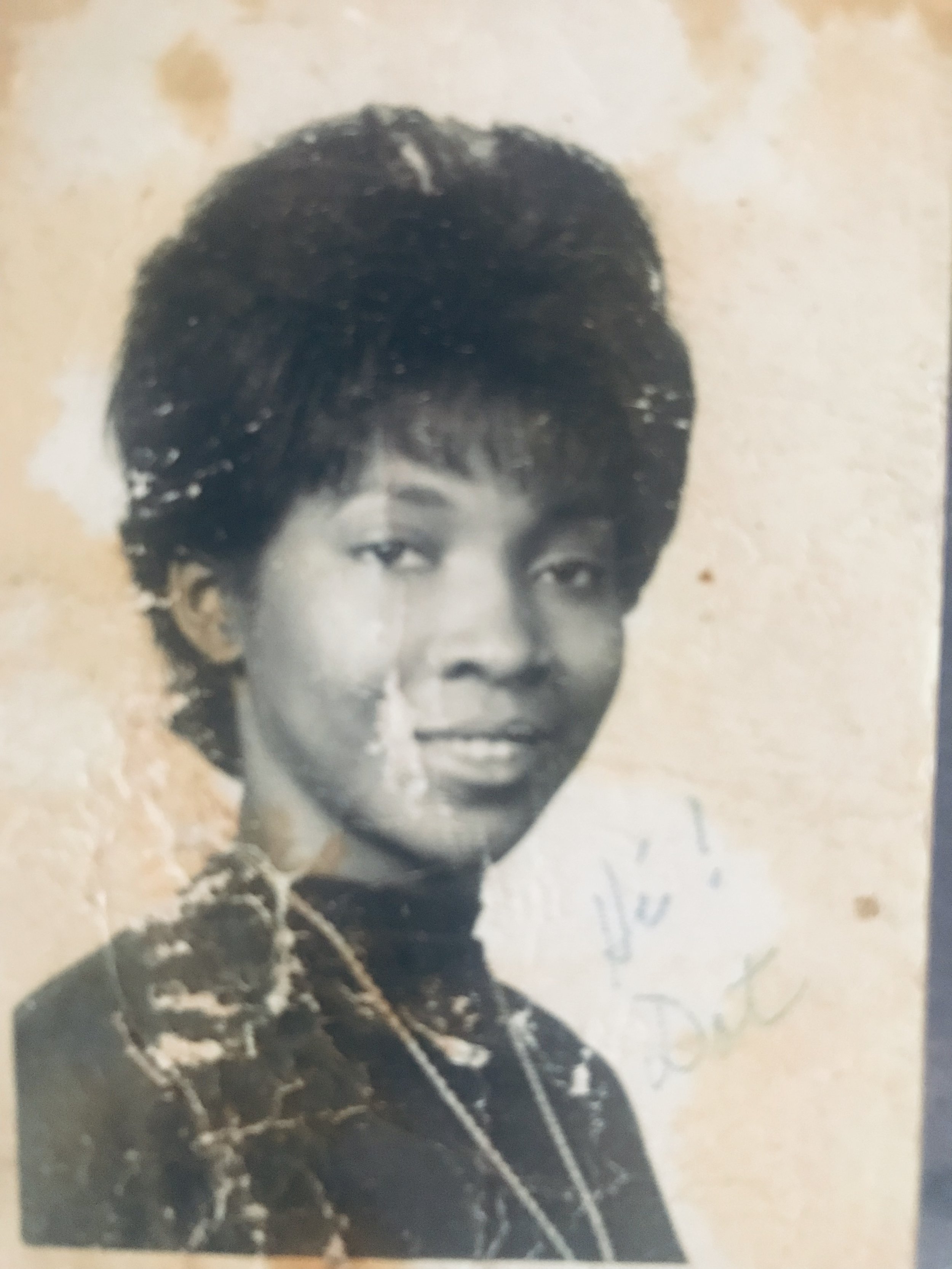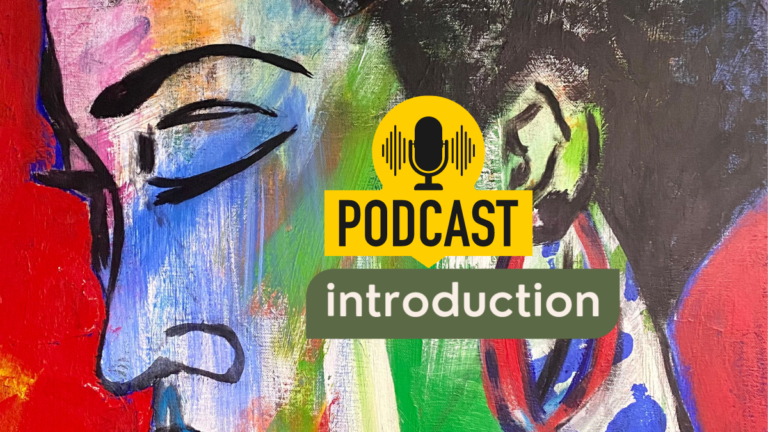Who is Wally Amos?
In 1967, he left the famous William Morris Agency in New York to move to Los Angeles to start his management company. He managed a South African trumpet player, Hugh Masekela. His first client decided to drop him from representation after Amos tried to move him and his family to California with him. This management company didn’t prosper, so he used his agent skills to manage himself. Amos made cookies for “therapy” at entertainment parties and gatherings. These cookies received an overwhelming response, so in 1974, he decided to start his cookie company, Famous Amos, with $25,000. The business began with a West Sunset Boulevard and North Formosa Avenue store in Hollywood, California. In the first year, he sold $300,000 worth of cookies, followed by more than $1,000,000 in sales in the store’s second year. Famous Amos was also picked up by Bloomingdales Department Store and later by other specialty stores such as Baskin-Robbins, T.G.I. Fridays, and Starbucks.
Within ten years, he sold the company to the Shansby Group. After selling the famous recipe, he started Chip & Cookie Company. The focus was on real, all-natural ingredients, but he used the same method and was later sued by Shansby Group for violating their contract. In 1992, Amos started another company, Uncle Noname Cookies. In 1998, Keebler signed Amos and his Famous Amos brand for the recipe, branding, and use of Amos as the spokesman for the Famous Amos brand. Although he has sold Famous Amos, he has still been a large part of it. Keebler called him years ago to do a taste test of the cookies. Amos disapproved of the cookie. They changed the ingredients by adding artificial flavors to make them less expensive and faster. However, Amos told them to change the recipe and add more natural ingredients. The Kellogg Company purchased Keebler in 2001, and the brand is now a part of Kellogg’s.
Currently, Amos lives in Hawaii with his wife and kids. He continued to run Chip & Cookie Company and Uncle Noname Cookies in local Hawaii stores, along with a new company, Uncle Wally’s Family of Muffins. They have sold in over 5,000 stores in the United States, including Walmart and Costco. Amos has received many honors and awards, including the President’s Award for Entrepreneurial Excellence, the Horatio Alger Award, and the National Literacy Honors Award. He is also a motivational speaker and has written ten books, including an inspirational work entitled Watermelon Credo: The Book. Amos says his success as an author and a motivational speaker is due in no small part to his Aunt Della: “[Aunt Della’s] basic recipe for cookies became the foundation for much of my success.
As you will see and hear from the video below, he is not receiving any money from Kellogg. Although they still use all branding of Famous Amos cookies, including the name and his face. I would love to see that contract he signed with Shansby Group. However, maybe after he breached his contract, all bets were off. I don’t know! But I find this extremely bothersome, especially since he was a former agent. He was not just any agent, but a reputable one who I studied during my college years before and as I became a talent agent myself. However, I have learned from my personal experience that I am not my best manager. It is very different when representing others.
[youtube=://www.youtube.com/watch?v=5iRTLB7W2RQ&w=854&h=480]
What can we teach our kids about this story?
Amos and his wife established the Read It Loud! Foundation to promote reading to children.
“I encourage parents to read aloud to children at least from birth to 6 years old. I’d really like them to do it beforehand while they’re in the womb,” Amos said in a MidWeek interview.
Work Cited
“History.†Wally Amos, 28 Apr. 2013, wallyamosinfo.weebly.com/history.html.
Taylor, Erica L. “Little Known Black History Fact: Wally Amos.†Black America Web, 8 Oct. 2013, blackamericaweb.com/2013/10/08/little-known-black-history-fact-wally-amos/.
“Wally Amos.†Biography.com, A&E Networks Television, 28 Apr. 2017, www.biography.com/people/wally-amos-9542382.


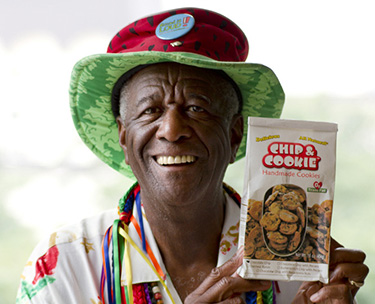
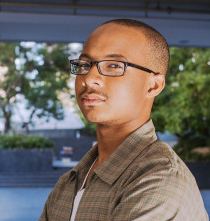
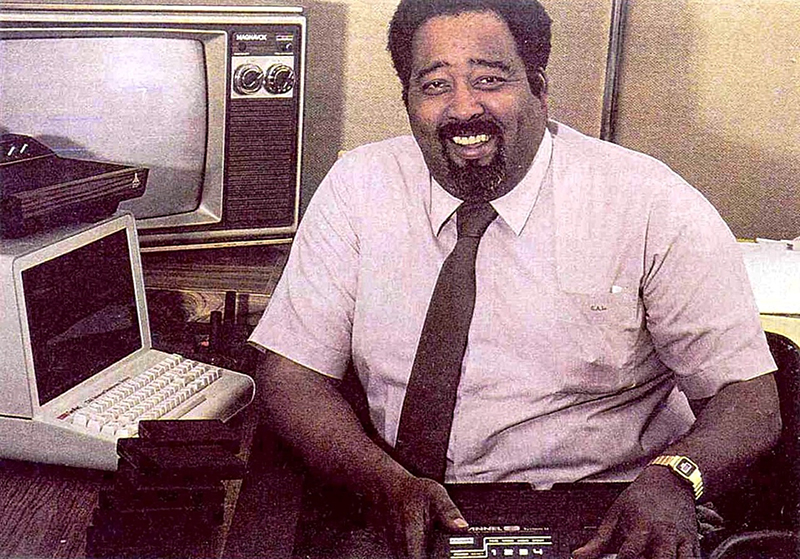
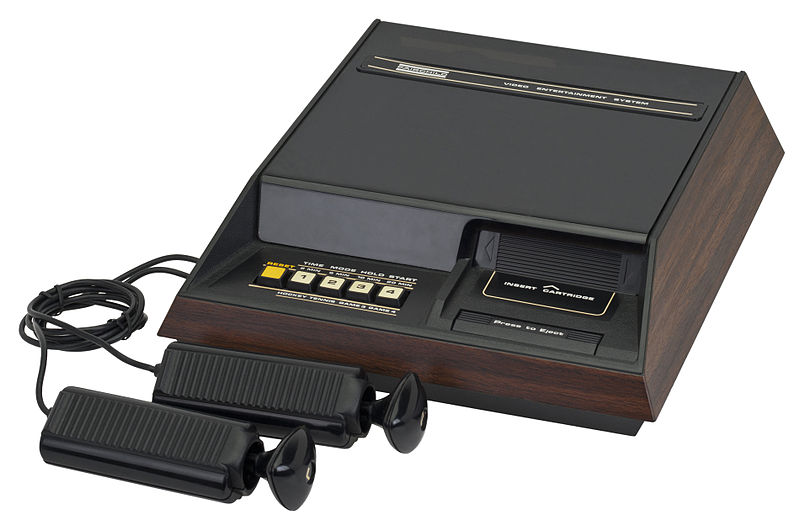
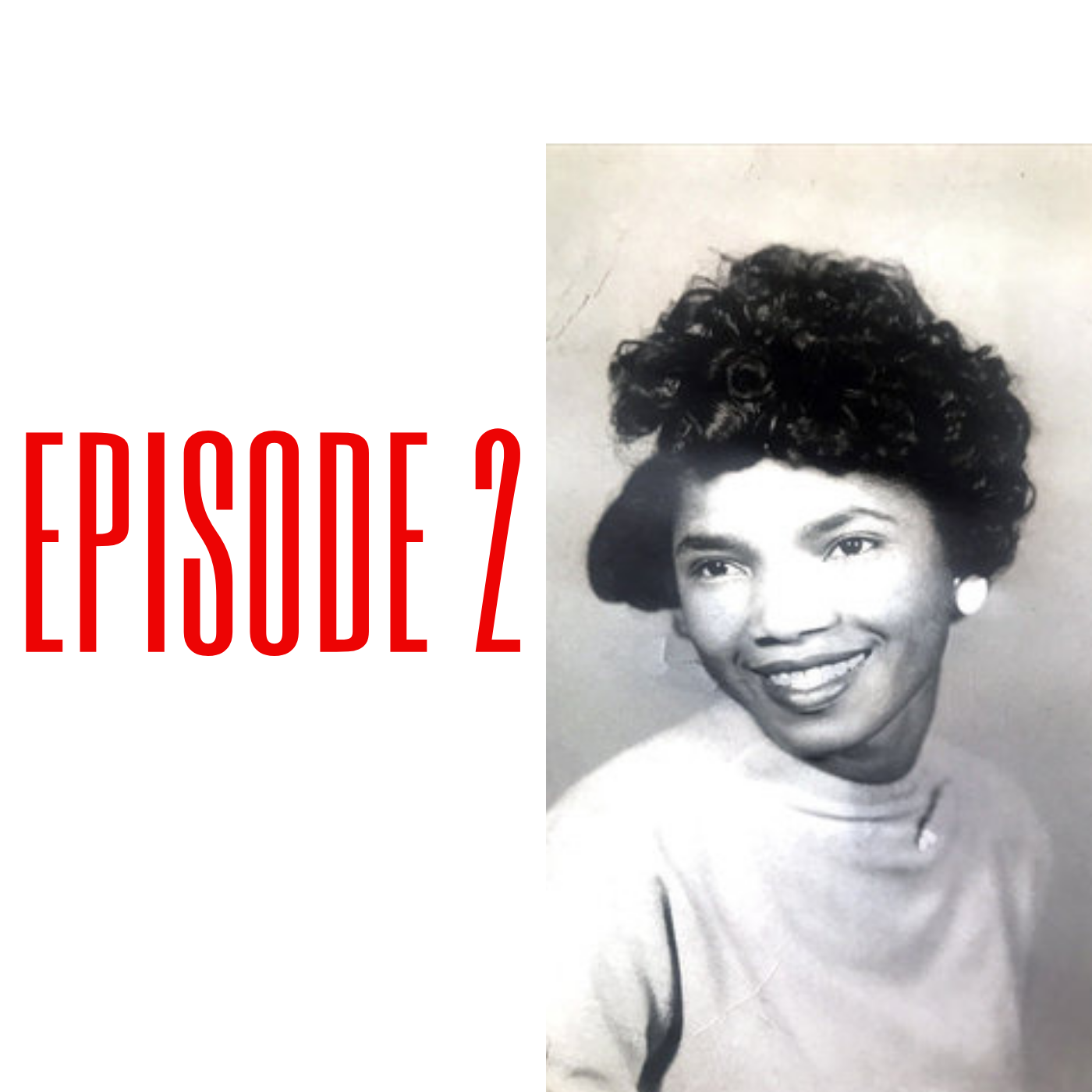
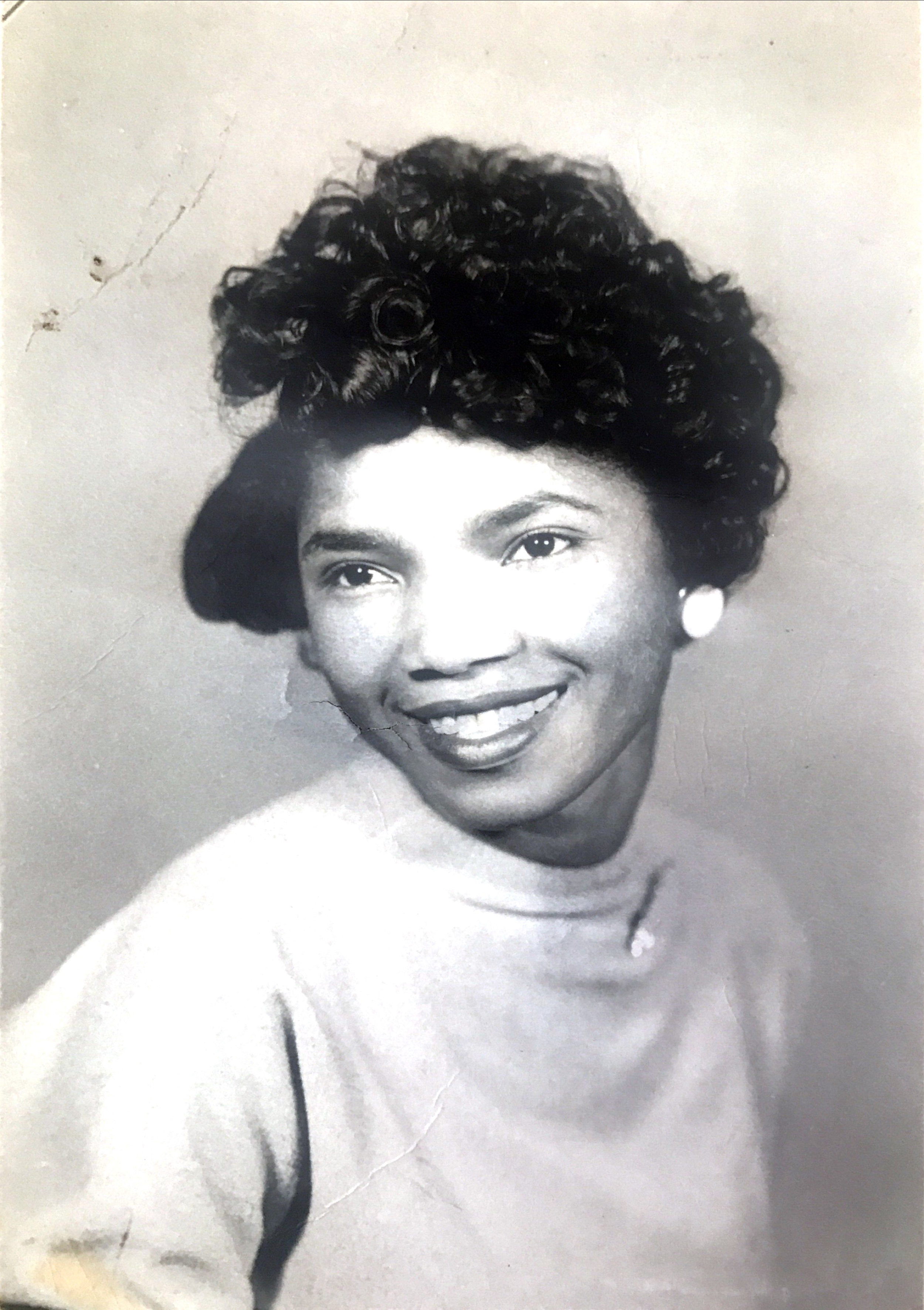

 She did not fear to march and protesting
She did not fear to march and protesting